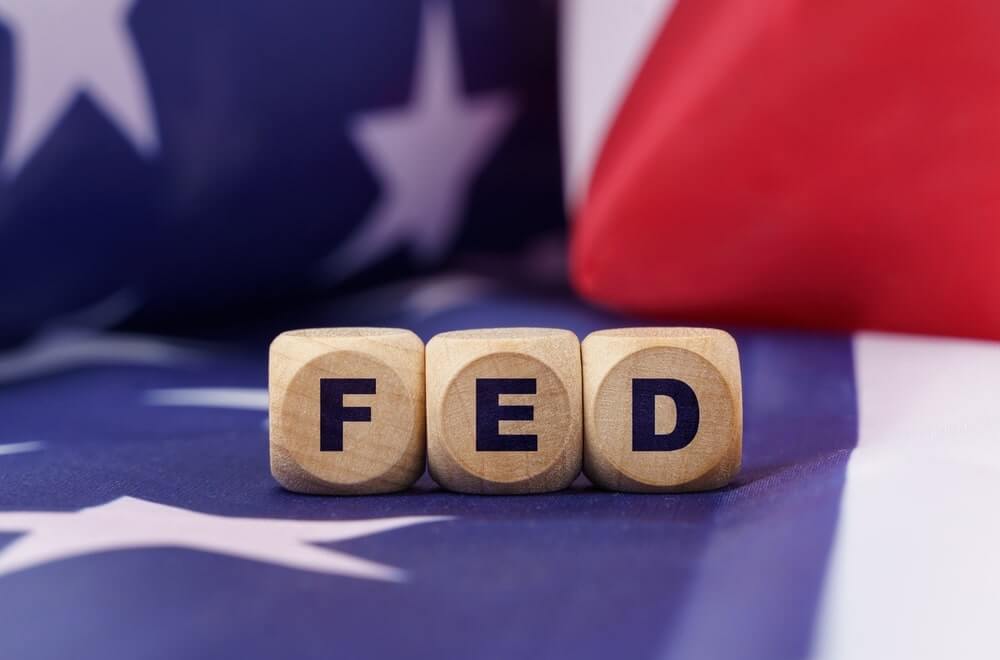
FED Could Raise Rates Earlier Than Expected
During the last FED meeting in April, the board resolved to maintain its benchmark interest rate near zero. They dismissed the current inflation, referring to them as temporary economic problems that they expected to ease in the next few months. However, while the passive approach to the interest rates and inflation was backed by most of the FED board members, not everyone is quick to dismiss the risk of an inflation surge.
On Monday, Kansas City Federal Reserve president, Esther George, took issue with the FEDs current stand on interest rates and cautioned against the use of rigid monetary policies. During her speech at the Kansas City Fed agricultural symposium, George argued that while these policies worked in the past, they may not necessarily be most suited for the post-pandemic era.
She mentioned that “The structure of the economy changes over time, and it will be important to adapt to new circumstances rather than adhere to a rigid formulation of policy reactions” and later added that “With a tremendous amount of fiscal stimulus flowing through the economy, the landscape could unfold quite differently than the one that shaped the thinking.”
Her bold pronouncements about changing market dynamics have the backing of the market and economy. In April, for instance, the US consumer price index soared by 4.2% from the 2020 statistics.
Despite the claims cautious message, however, George didn’t explicitly state if she intended to initiate a policy change.
The covid-19 outbreak in Asia and its impact on US interest rates
The increased fiscal spending and rising consumer purchasing power aren’t the only factors acting on inflation in the United States. The untamed spread of Covid-19 in East Asia, the United States’ biggest trading partner, is also expected to have far-reaching impacts on inflation and interest rates in the country.
Richard Martin, the managing Director for IMA Asia, recently stated that rising Covid-19 cases in Asia will have the net effect of hastening inflation rates across the United States. Such a wave of infections would effectively hamper production for most of the Asian manufacturing economies that ship to the United States.
The shrinking supply against increasing demand for goods in the United States would then force a hard rise in the factory-gate rates in these Asian countries. A move that would see the consumer prices in the United States.
Martin adds that confronted with the rising consumer prices and burgeoning fiscal expenditure from the Biden Administration, it is inevitable that the fed may raise interest rates sooner than expected. Previously, Fed had hinted on the possibility of rising these interest rates a year or two down the road. He is especially convinced that if President Joe Biden’s infrastructure spending proposal passes through congress it will spur manufacturing and force prices up “very, very quickly.” The only logical response to this would then involve raising rates before the end of the year.
Even as the inflation debate rages on, the markets went on unabated with the Dow Jones Industrial Average gaining 0.54% on Monday. The tech-centered Nasdaq 100 and the S&P 500 also posted impressive performances, gaining 1.72% and 0.99% respectively. The US Dollar was, however, not as lucky as it lost 0.3% in the past week against its peers on the dollar index.
-
Support
-
Platform
-
Spread
-
Trading Instrument




